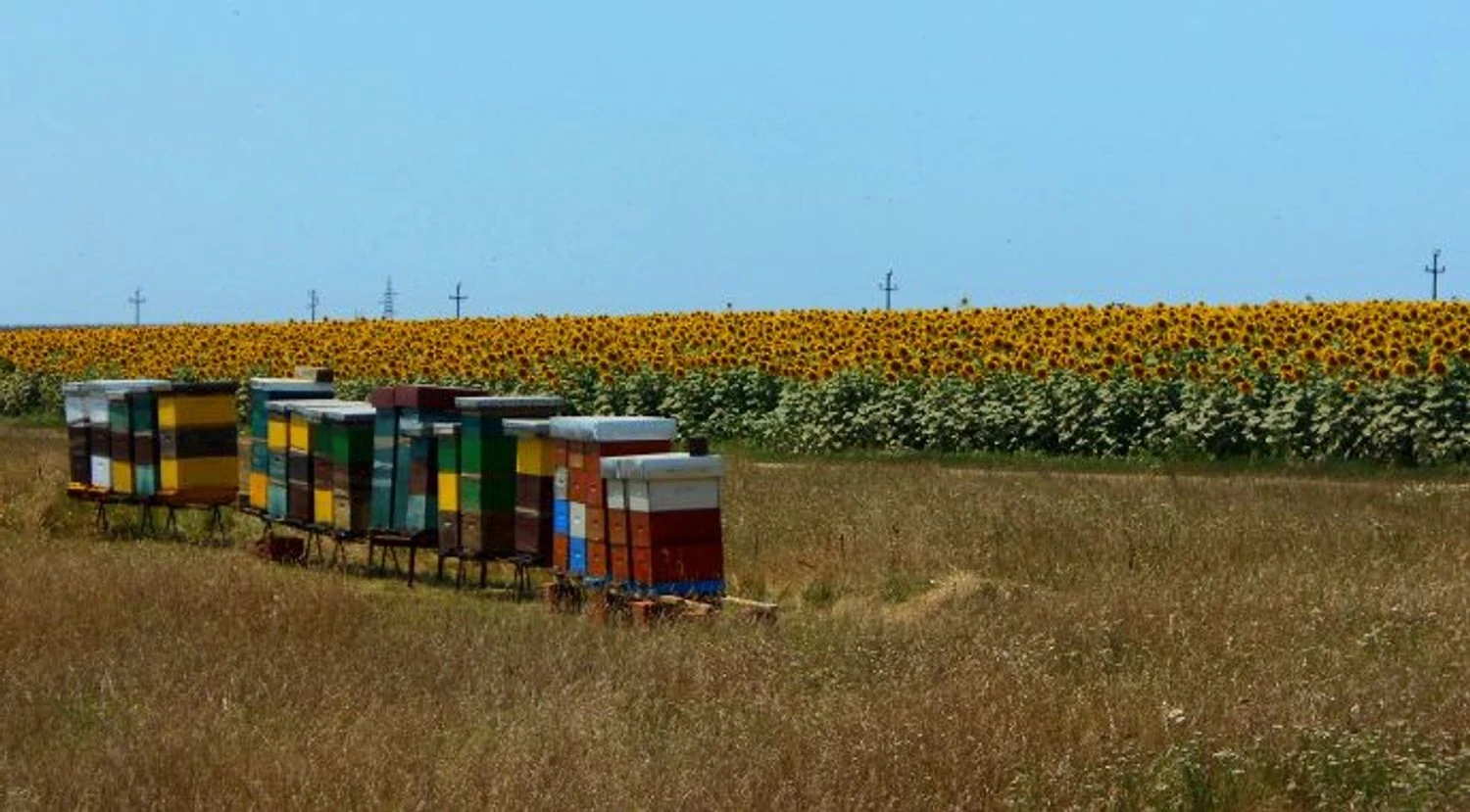“Unregistered apiaries complicate the work of the agricultural sectorUnregistered apiaries pose a problem for agricultural producers due to the risk of bee poisoning and reduced yields, and also
hinder the export of products to the EU. Ukraine is preparing a beekeeping reform with digitalization and the creation of a single
register of apiaries.
”, — write: unn.ua
The European Business Association expresses hope that systematic work on legalizing the activities of beekeepers will be strengthened, in particular, through specialized associations.
“Normal operation of all parties is possible only within the legal framework, so the issue of beekeeper registration is still on the agenda,” states Viktor Pohorilyi, head of the Agrochemical direction of the EBA.
Work in this direction is already underway. Ukraine is preparing a large-scale beekeeping reform, where special attention will be paid to digitalization, in particular, the creation of a single register of apiaries and veterinary and sanitary passports, which will allow better control over product quality and the movement of bee colonies.
This is one of the key innovations of bill 5274-d “On the development of the beekeeping industry, protection, defense and preservation of bees.” It was registered in May by the Committee on Agrarian and Land Policy and is awaiting consideration in parliament in the first reading.
“Registering an apiary is not very expensive; in the combat zone, annual inspections are sometimes free. However, some beekeepers do not want to register because of the general costs of registration and inspection. And those who keep up to 15 families consider it unnecessary hassle,” clarifies Serhiy Papka, owner of the “Papkina Pasika” brand.
At the same time, the “Ukrainian Agribusiness Club” association adds that without official registration and a veterinary and sanitary passport, a beekeeper cannot legally export their products to the EU, which is a direct barrier to accessing the world’s largest honey market.
In the EU itself, the interaction between beekeepers and farmers is based on the principles of cooperation, communication, and mutual responsibility.
“These are not just voluntary agreements, but often part of a broader strategy supported by legislation and technological tools,” summarizes Hanna Kashyrina, coordinator of the plant and seed protection committee of the UCAB.
